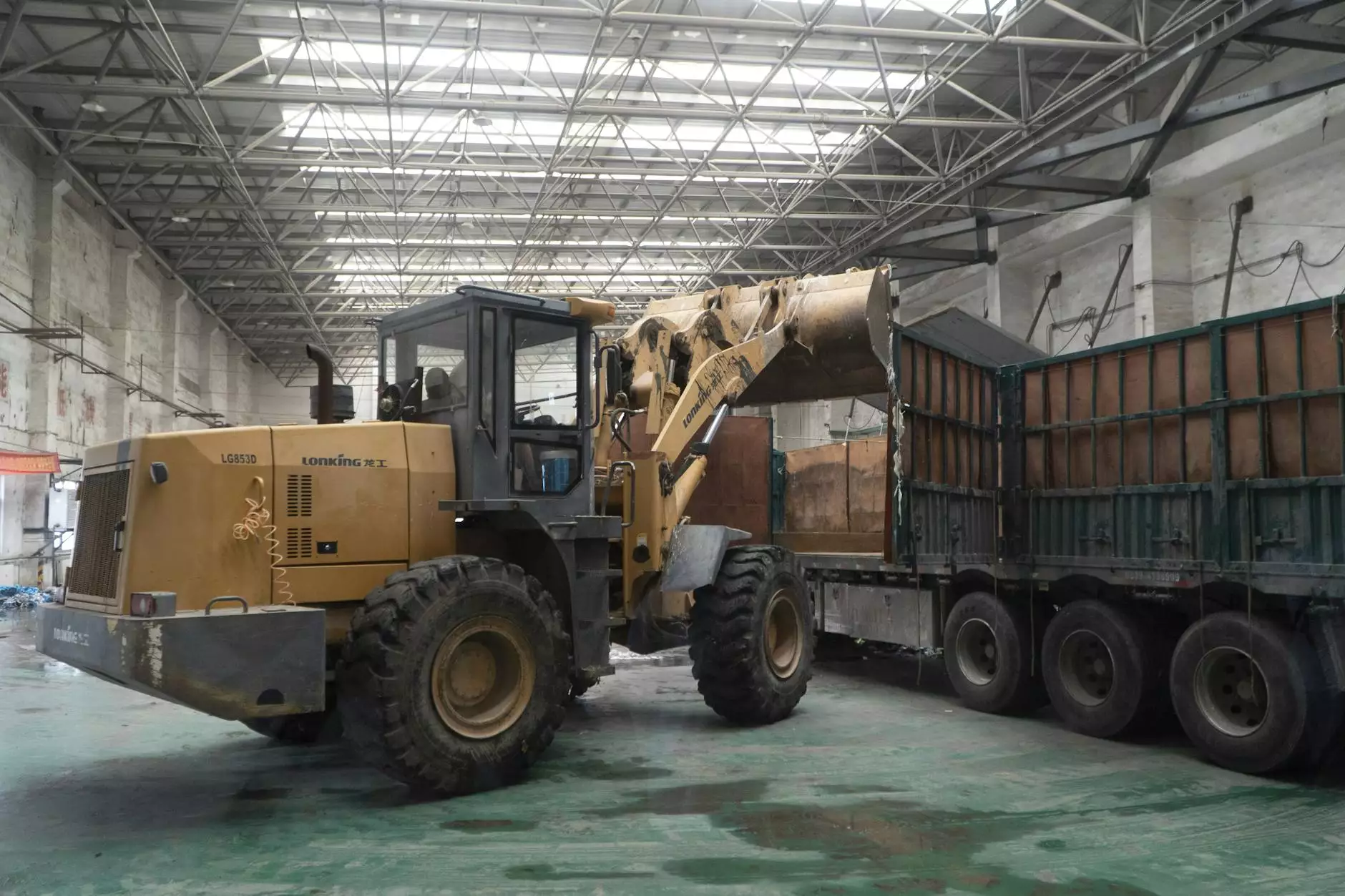Understanding CT Scans for Lung Cancer Detection

The Importance of Early Detection of Lung Cancer
Lung cancer remains one of the leading causes of cancer deaths globally. The early detection of lung cancer significantly increases the chances of successful treatment and survival rates. For those at risk—especially smokers, individuals with a family history of lung cancer, and those exposed to environmental carcinogens—the importance of regular screenings cannot be overstated. One of the most reliable methods for detecting lung cancer early is through the use of a CT scan for lung cancer.
What is a CT Scan?
A CT scan, or computed tomography scan, is a medical imaging procedure that combines multiple X-ray images taken from different angles to produce cross-sectional images of bones, blood vessels, and soft tissues inside the body. This innovative technology provides more detailed information than traditional X-rays, making it particularly valuable in the diagnosis and staging of lung cancer.
The Role of CT Scans in Lung Cancer Diagnosis
How CT Scans Work
The CT scan process involves the following steps:
- Preparation: Patients are usually advised to avoid eating or drinking for a few hours before the scan. Informing the technician about any medical conditions or allergies, especially to contrast materials, is crucial.
- Scanning: Patients are positioned on a table that slides into the CT machine. The machine then rotates around the body, taking multiple images while keeping exposure to radiation as low as possible.
- Contrast Agents: Occasionally, a contrast dye may be administered intravenously to enhance the visibility of certain areas, making it easier to identify abnormalities.
- Post-Procedure: After the scan, patients can typically resume their normal activities. The results will be analyzed by a radiologist.
Benefits of CT Scans for Lung Cancer
The use of a CT scan for lung cancer diagnosis offers numerous advantages:
- High Sensitivity: CT scans can detect tiny nodules, often smaller than what traditional X-rays can identify. Early detection is key in cancer treatment.
- Detailed Imaging: The cross-sectional images provide a more comprehensive view of the lungs, which assists in assessing the size, shape, and location of tumors.
- Guiding Biopsies: If a suspicious area is identified, a CT scan can guide physicians in accessing the tumor for biopsy, ensuring accurate diagnosis.
- Monitoring and Follow-Up: CT scans are not just for initial diagnosis; they are also used to monitor patients during and after treatment to assess response and detect recurrence.
Different Types of CT Scans for Lung Cancer
There are various types of CT scans utilized in lung cancer evaluation:
Low-Dose CT Scan (LDCT)
Recommended for high-risk individuals, this type of scan uses lower doses of radiation while still providing detailed images. LDCT is particularly effective in lung cancer screening.
Contrast-Enhanced CT Scan
This scan utilizes contrast dye to improve visualization of blood vessels and surrounding tissues, allowing for better assessment of lung tumors and their involvement with nearby structures.
CT Angiography
CT angiography focuses on the blood vessels within the lungs. This can help determine whether lung cancer has spread by visualizing changes in blood flow.
Preparing for a CT Scan
Proper preparation for a CT scan enhances the quality of the results. Here are essential tips:
- Follow Instructions: Always comply with the pre-scan instructions given by your healthcare provider.
- Inform Your Doctor: Discuss any medications, supplements, or medical conditions, particularly kidney issues or allergies to iodine, which is commonly used in contrast dye.
- Dress Comfortably: Wear loose, comfortable clothing without metal fasteners or zippers that could interfere with imaging.
Understanding the Results of a CT Scan
Once the CT scan is completed, the images are reviewed by a radiologist, who will report findings to the referring physician. Here's how to interpret the results:
Negative Results
A negative result typically indicates no signs of lung cancer, though follow-up tests may still be necessary for individuals with persistent symptoms.
Positive Results
A positive result does not automatically mean cancer is present; further diagnostic procedures, such as a biopsy, may be required for confirmation.
Potential Risks Associated with CT Scans
While CT scans are generally safe, there are some potential risks to consider:
- Radiation Exposure: Although the risk is low, CT scans do involve exposure to radiation, which may slightly increase the risk of cancer over a lifetime.
- Allergic Reactions: Some patients may have allergic responses to contrast dyes. This risk should be discussed with your healthcare provider.
- Kidney Damage: In rare cases, contrast materials can cause kidney problems, particularly in individuals with pre-existing conditions.
Advancements in CT Technology
The field of radiology is continually evolving, and advancements in CT technology are improving lung cancer detection and treatment:
3D Reconstruction
New technologies allow for 3D reconstructions of scanned images, providing enhanced visualization of tumors and other anomalies, enabling better surgical planning.
AI and Machine Learning
Artificial intelligence is increasingly being integrated into CT analysis, assisting radiologists in identifying cancerous changes more quickly and accurately.
Conclusion: The Future of Lung Cancer Diagnosis
In conclusion, the use of a CT scan for lung cancer is a vital component in the early detection and management of lung cancer. With advancements in technology, the effectiveness and safety of CT imaging will continue to improve. Regular screenings, especially for high-risk individuals, can lead to earlier treatment interventions and better outcomes.
About HelloPhysio
At HelloPhysio, we are committed to providing comprehensive health and medical services, specializing in sports medicine and physical therapy. Our team of dedicated professionals is here to guide you through your health journey, offering personalized care and the latest in diagnostic imaging techniques, including CT scans. Contact us today to learn more about our services and how we can help you stay healthy.



